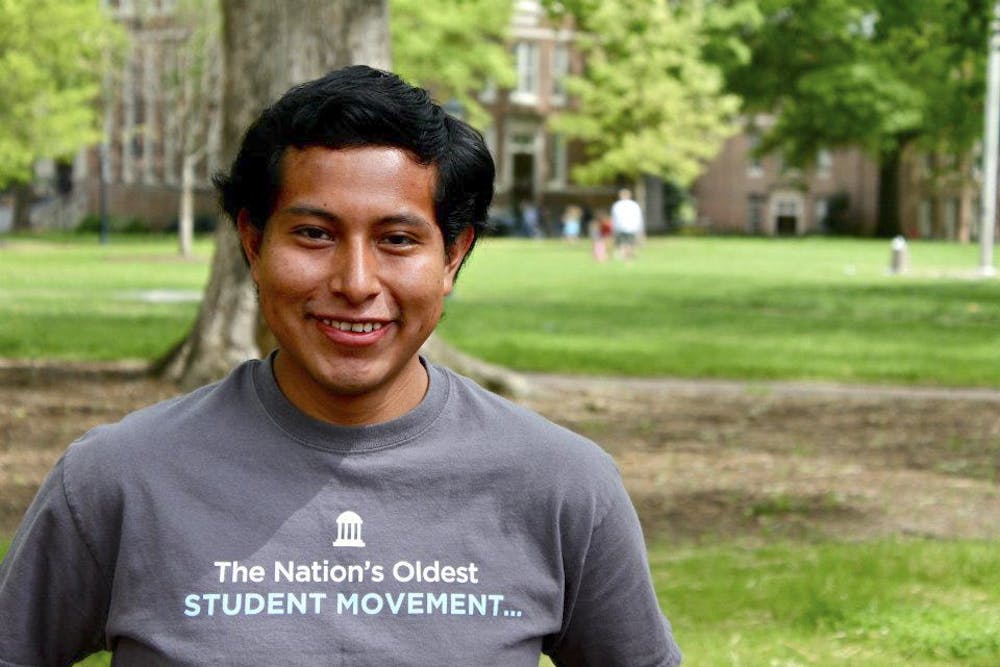It’s that time of year again — when we elect a student to lead our university and represent our interests before decision-makers across the campus and the state.
As students start hearing from candidates about their ideas, I encourage all of us to participate in the process by reading each candidate’s platform and attending debates.
But it is also critical to understand the way a candidate’s identities, which include but are not limited to race, gender and sexual orientation, will play a role in the election — because they will, even if we don’t realize it.
Prior to the onset of the 2014 campaign season, I knew that the fact that I was undocumented, queer and Latino would be brought to the public’s attention regardless of what I did. My status as an undocumented immigrant, in particular, raised some eyebrows around the state.
While I embraced my identities, some people saw this as self-promoting, an attempt at “making history” and pad my “political activist career.”
After the election was over, these conversations had me wondering about the identities of previous student body presidents. In the past 10 years, the University has elected only one student of color as student body president. Three of the last five presidents have been Morehead-Cain scholars, and in the past four consecutive elections, white Greek students have been elected.




